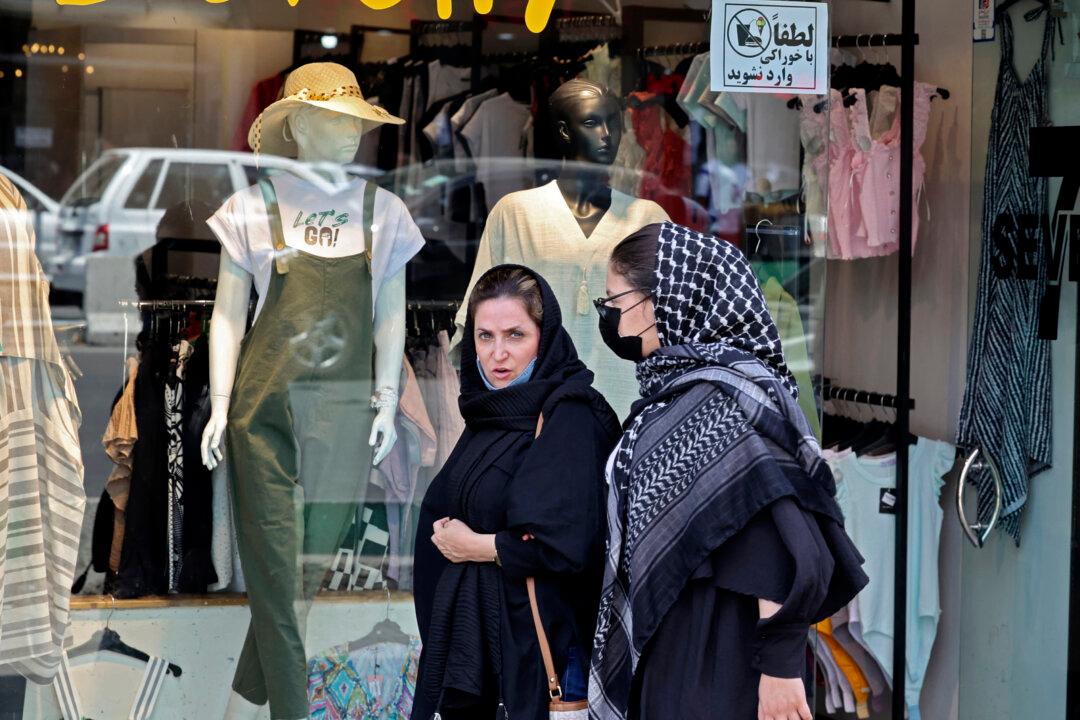Iran’s government has paused plans to implement a controversial new law that would have seen women in the country face up to 15 years in prison if they did not wear a head-covering hijab.
The compulsory legislation was first approved by the country’s Parliament in September 2023.




